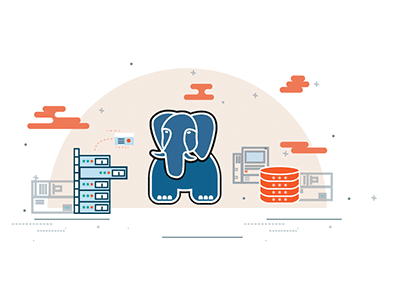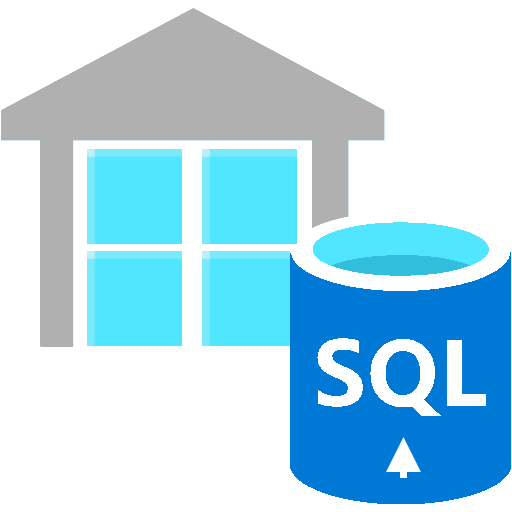
What is SQL? What is its purpose of use?
SQL is a database management system that enables the management, deletion, activation, and processing of data.
While SQL is commonly thought of as a programming language by many, this is not entirely accurate. Based on ANSI standards, it can be said that SQL is a sublanguage that can be fully utilized in a database. Therefore, SQL is exclusively used for operations on the database.
Millions of data points are generated and stored every minute. Raw data, however, lacks meaningful interpretation as it doesn't tell a story. This is where SQL comes into play. Using SQL, data stored in a computer environment can be quickly modified or deleted. Especially when dealing with a large volume of concurrently written data, SQL efficiently manages these data sets.
It is undoubtedly the most important language for finding jobs in the field of data analysis or data sciences. Regularly used by database administrators, developers writing data files, and data analysts creating analytical queries, SQL is a crucial tool. Many technology giants like Facebook, Instagram, WhatsApp utilize SQL for their data operations.

What Does SQL Do?
We've discussed that SQL is a database management system. So, what does SQL do? There are many operations you can perform with SQL as a database management system, including:
Retrieve data from the database, add records to the database, update or delete records in the database by executing queries in the database through SQL.
Allow users to quickly define their data. Queries and searches can be performed among an unlimited number of data.
Control who can access the database, and implement security measures.
Where is SQL Used?
Now that we understand what SQL is, let's explore what it can do. The primary use of SQL is in databases, and it is the standard language for relational databases. Some databases that perform querying operations using the SQL system include:
MySQL
MSSQL (Microsoft SQL Server)
Oracle
IBM Database 2 (IBM DB2)
Sybase
IBM Informix
Progress
PostgreSQL
Access
SQL can also be used in various industries and fields, such as:
Personal address books
Phone directories
E-commerce websites
Banking systems
School systems
Hospital systems
Library systems
Payment and debt systems
Product sales and order systems
Libraries
Advantages of SQL
SQL is a popular structured programming language used for interacting with databases, performing various operations like data extraction, modification, and storage. Despite disadvantages such as high operating costs and a complex interface, it remains one of the most widely used database management systems. The advantages that contribute to SQL's popularity include:
No programming skills required: SQL does not require any programming skills. With its user-friendly features, database management can easily be done using keywords like 'insert,' 'select,' and 'update.'
Speed: Businesses need a database management system to handle large and complex data. The ability to quickly perform data operations is crucial. SQL allows rapid operations such as adding, deleting, and modifying thousands of complex data simultaneously, contributing to its continued popularity.
Standardized language: SQL adheres to the standards of ISO and ANSI, using English as a standard language. This makes it easy for users to learn SQL.
SQL Training and Courses
Contrary to popular belief, learning SQL is not as difficult as it seems. Of course, it takes time to become fully proficient in the system. Learning SQL is easier for beginners compared to programming languages like Java, C++, PHP, or C#.
The first step is to plan, followed by finding suitable training for yourself. There are many online resources available to learn SQL. Even if you have minimal programming experience, you can join various online SQL courses to enhance your skills in this area.
Career Opportunities with SQL
Companies hire database experts to organize their data and create databases. SQL, facilitating the simple management of an unlimited amount of data, has led many companies to adopt SQL systems, increasing demand for professionals in this field. Career opportunities with SQL include:
Data Scientists: Professionals dealing with millions of data, ensuring accurate storage, and attempting to derive value from data need SQL skills.
Business Analysts: Critical for assessing business processes, identifying improvement areas, and producing solutions, business analysts use SQL as a critical tool.
Data Analysts: These professionals collect and classify existing data within a company, analyze it using specific methods, and help businesses make more informed decisions based on the information obtained. Experience with SQL is expected from data analysts.
In summary, SQL offers various career opportunities, making it a valuable skill in today's job market.




